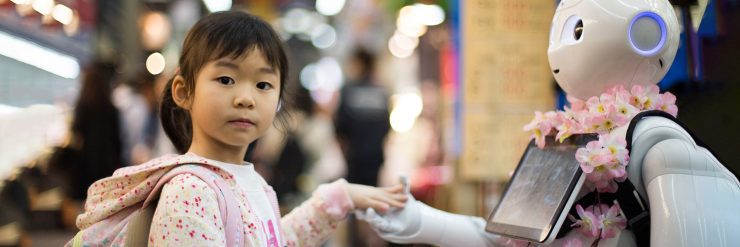The rapid development of technology has had a significant impact on every aspect of our lives, including education. The advent of machine learning on student assessments has undergone a significant transformation. Machine learning has the potential to revolutionize the assessment process by providing educators with accurate, real-time data on student performance. In this blog post, we will explore the impact of machine learning on student assessments.
Personalized Learning
Machine learning algorithms can analyze vast amounts of data to identify patterns and make predictions. By using this technology, educators can create personalized learning experiences for each student based on their unique needs and abilities. Machine learning can help identify areas where students are struggling, allowing educators to provide targeted support and resources.
More Accurate Assessments
Machine learning algorithms can analyze student data to provide more accurate assessments. Traditional assessments, such as multiple-choice tests, may not provide a complete picture of a student’s abilities. Machine learning algorithms can analyze data from multiple sources, such as student responses to open-ended questions, to provide a more comprehensive assessment of a student’s skills and knowledge.
Real-time Feedback
Machine learning can provide real-time feedback to both students and educators. By using machine learning algorithms, educators can track student progress in real-time, allowing them to provide immediate feedback and support. So, this can help students stay on track and make progress toward their goals.
Reduced Bias
Machine learning can help reduce bias in student assessments. Traditional assessments may be influenced by factors such as gender, race, and socioeconomic status. Also, machine learning algorithms can remove these biases by analyzing student data more objectively.
Timesaving
Machine learning can help save educators time by automating some aspects of the assessment process. For example, machine learning algorithms can grade multiple-choice tests, freeing up time for educators to focus on providing personalized feedback and support.
In conclusion, machine learning has the potential to transform student assessments. By using machine learning algorithms, educators can create personalized learning experiences, provide more accurate assessments, and reduce bias in assessments. Machine learning can also help save educators time by automating some aspects of the assessment process. As technology continues to evolve, it will be exciting to see how machine learning continues to impact education and assessments.








